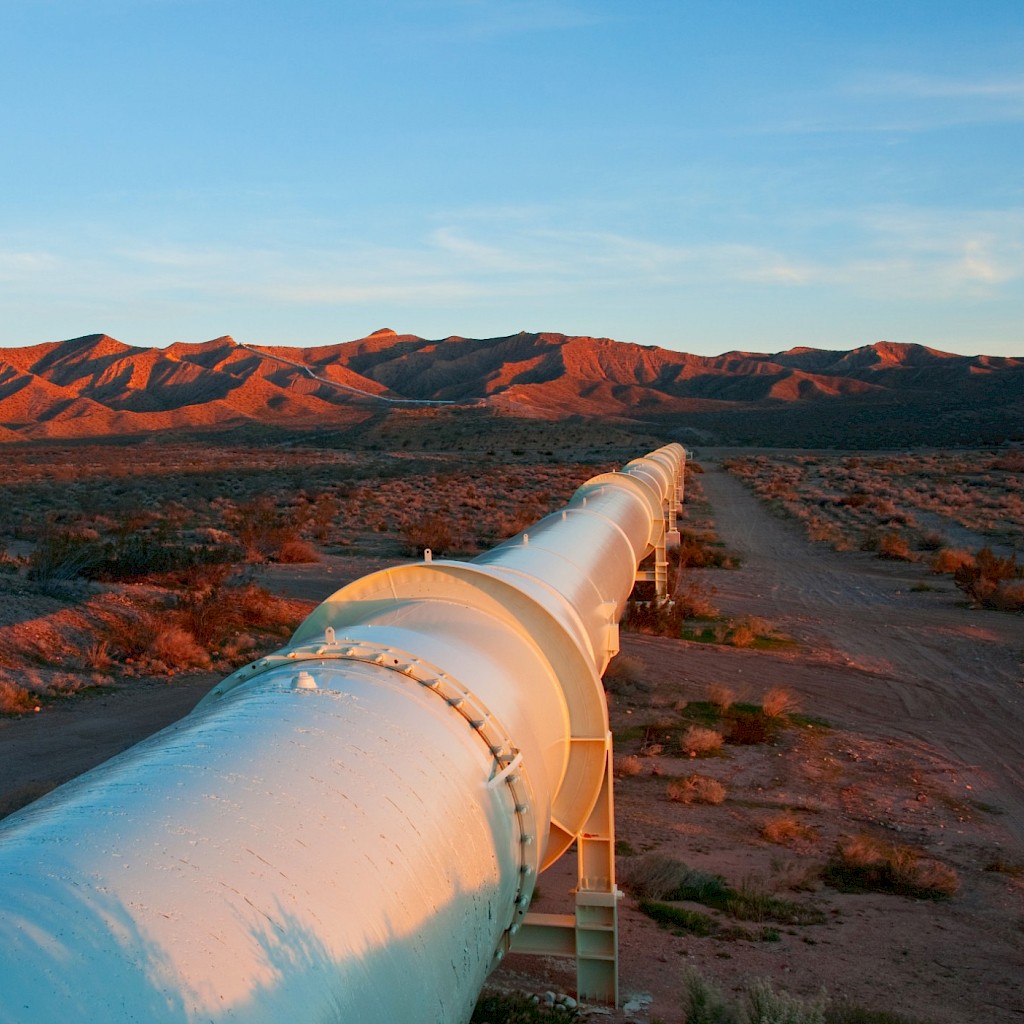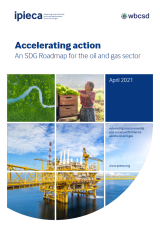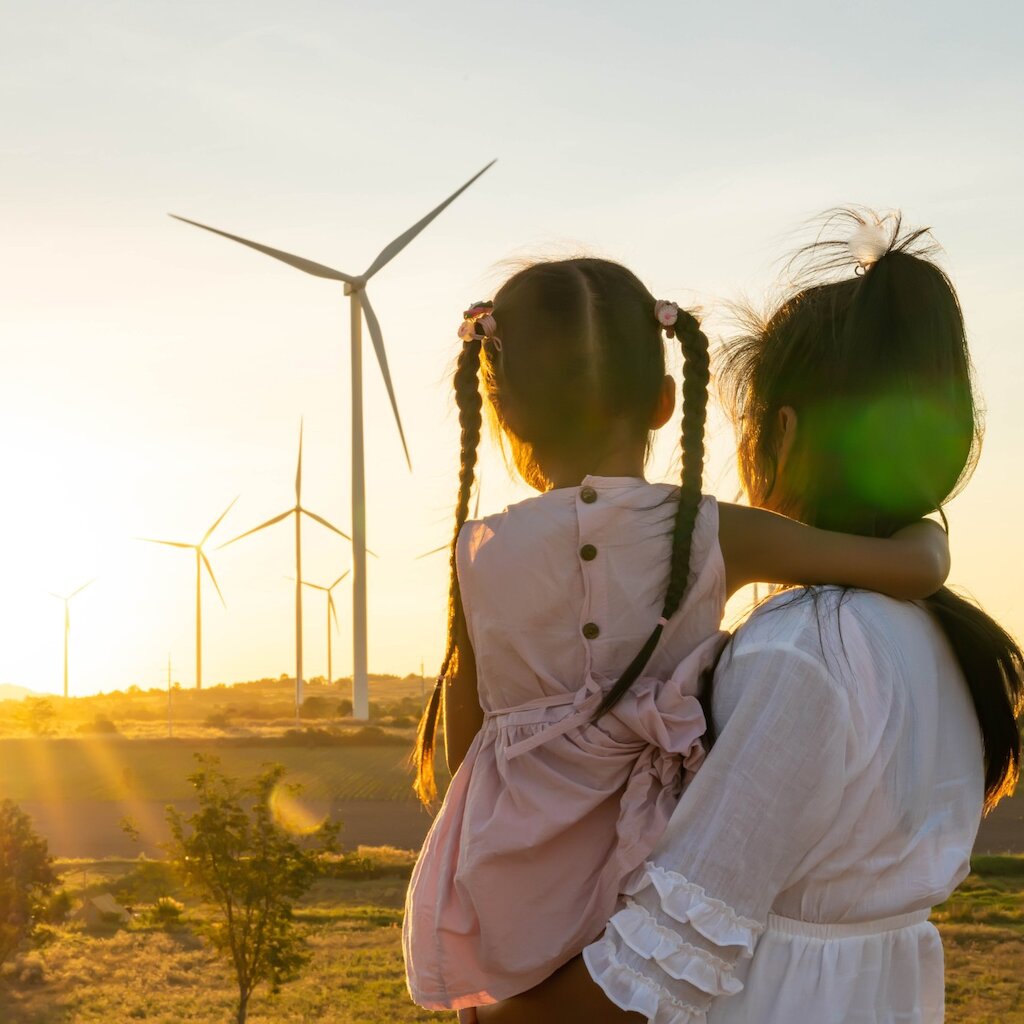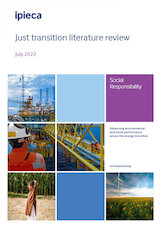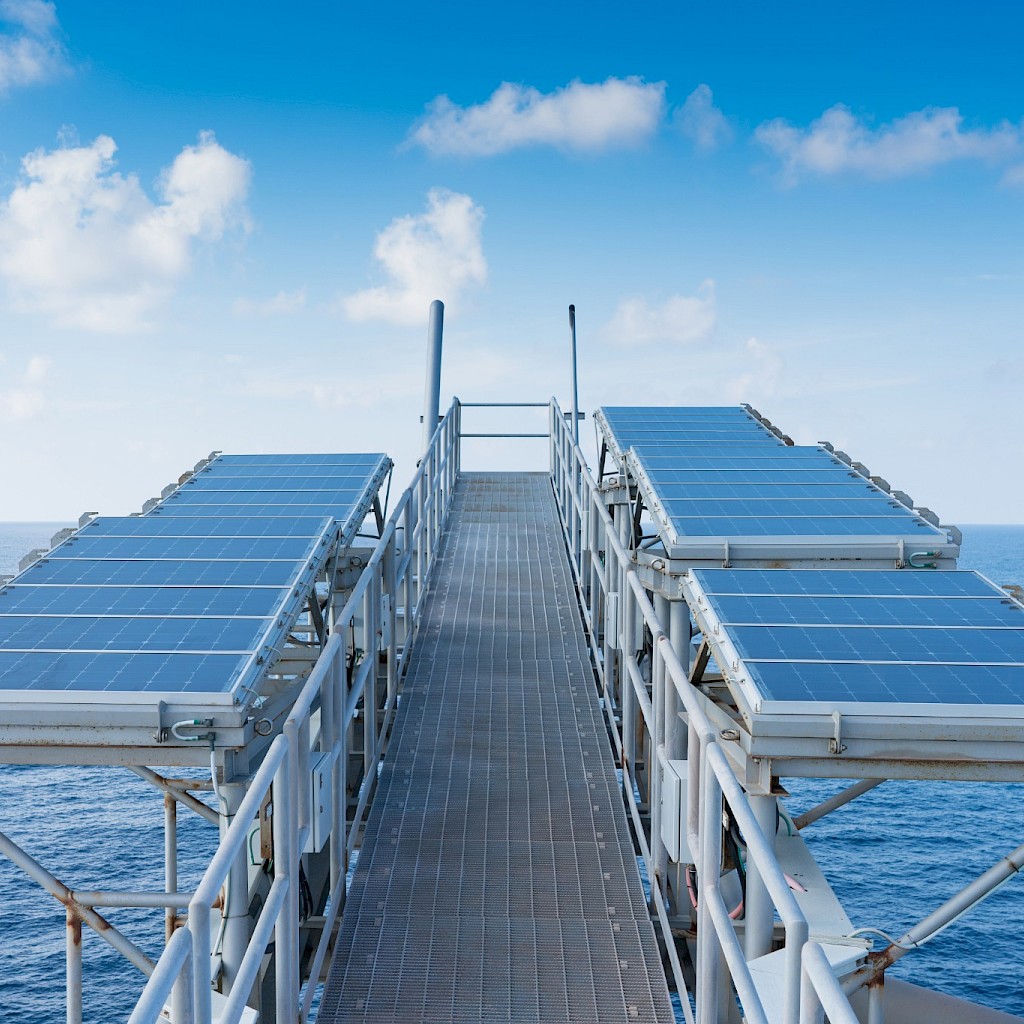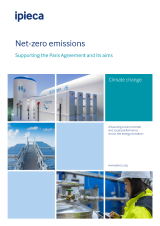Our publications are free to download. If you wish to obtain hard copies, please contact the Secretariat.
Featured resources
During Ipieca Week 2025, stakeholders were invited to provide insights on how Ipieca can help put nature, people and climate at the heart of the energy transition, working towards an accelerated industry contribution to a sustainable world.
A framework to help companies shape the structure and content of their sustainability reporting, including for companies starting to report.
Ipieca works closely to support IMO work to decarbonise the maritime industry, providing technical expertise across a range of areas to identify good practices and develop industry guidance.
Health leading performance indicators data from Ipieca and IOGP members for 2024.
This is the fourth progress report, highlighting how Ipieca and its members are implementing the Ipieca-WBCSD SDG Roadmap.
The theme of the 2024 Annual Review is 'Putting climate, nature and people at the heart of the energy transition'. It reflects Ipieca’s broad sustainability mandate, which provides a platform for members and stakeholders to work on the interconnected areas of climate, nature and people across the industry for the energy transition.
Ipieca, OGCI, SPE Gaia, and IOGP collaborated on a webinar series sharing knowledge and good practice around the scaling up of CCS technology, including key issues, environmental responsibility, financial incentives and liability concerns.
This brochure provides context and information on the Ipieca Principles, their implementation and governance, and includes a toolkit of practical examples, useful resources and reference points to help members support the principles.
To launch its new worker welfare resources, Ipieca hosted a webinar with key stakeholders to highlight tools and share implementation case-studies that the audience can learn from.
Responding to the continuous advancement of technology, Ipieca, IOGP, OGCI, and the Energy Institute have released an update of this guidance and online tool to help operators select and deploy methane detection and quantification technologies.
This resource provides definitions, and a summary of key tools and guidance produced by selected external stakeholders on responsible recruitment and proactive worker engagement. It is intended to be shared with energy companies’ suppliers, clients, and partners to promote the convergence of industry definitions and good practices on these two topics.
This interactive dashboard presents highlights from the latest Ipieca sustainability reporting survey, as well as analysis of all survey results since 2012, allowing for year-on-year comparisons which highlight reporting trends and changing priorities across the industry.
This joint Ipieca-IOGP awareness briefing explores what is currently known about the health risks associated with energy transition-focused technologies.
This guidance clarifies currently used terminology in the water stewardship space and presents users with a streamlined water stewardship action scheme that synthesises water frameworks and disclosure standards for the energy sector.
The annual Ipieca sustainability reporting survey identifies trends in the sustainability reporting practices of Ipieca member companies. These are the results for 2024.
Ipieca, API, IOGP and Arpel hosted two webinars for companies in the Latin America region to support companies along their sustainability reporting journey. Learn about why sustainability reporting matters and how to produce a report.
As we transition to a more sustainable future, alternative fuels and their associated products are becoming more prevalent in production, manufacturing and use. Their safe handling and prevention of spills is a priority.
This document provides examples of how Ipieca companies are taking ambitious biodiversity actions which contribute towards the goals of the Global Biodiversity Framework.
Gain insights and key takeaways from the World Bank's Global Flaring and Methane Reduction Partnership’s (GFMR) annual 'Global gas flaring tracker report'.
This new resource supports companies and practitioners to undertake engagement that moves beyond meeting the minimum expectations by providing guidance on broader, inclusive and ongoing two-way processes for ‘meaningful engagement’.
